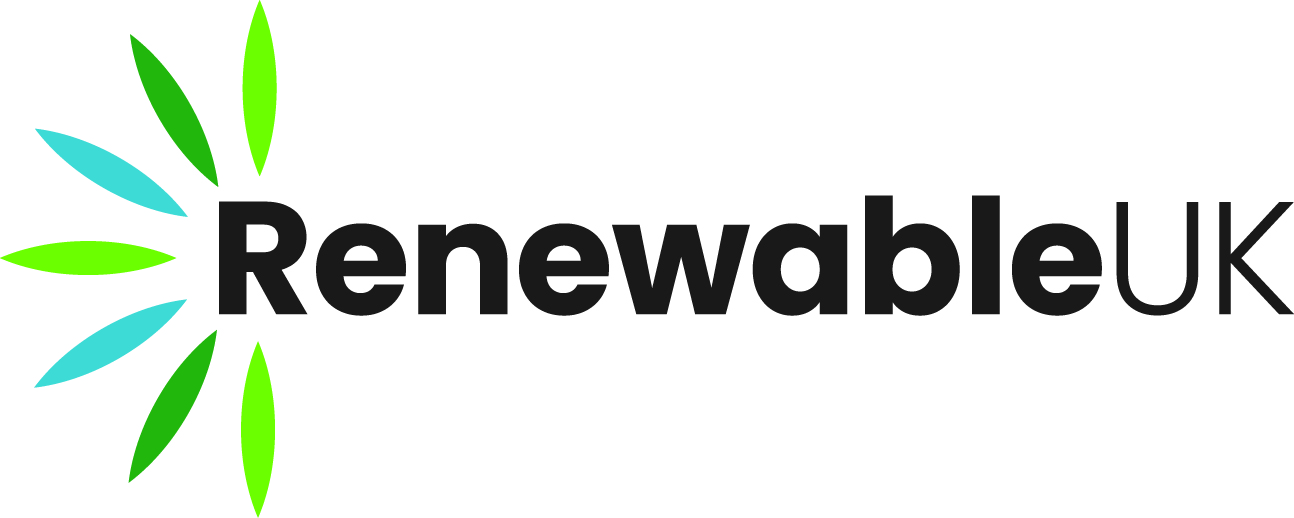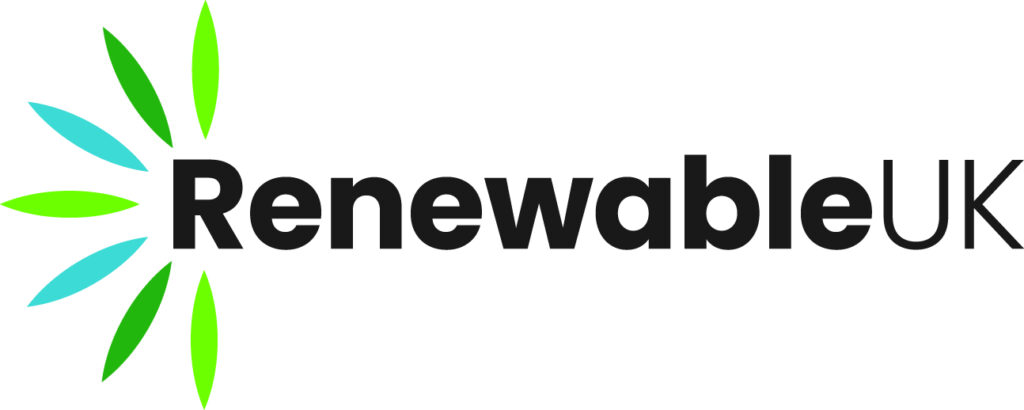Standardised Technology Demonstration Agreement
for Offshore Wind Assets
In 2023, in his Independent Report of the Offshore Wind Champion, Tim Pick MBE made a recommendation for industry to develop a Standard approach to Technology Demonstration Agreements (STDAs).
This was aimed at supporting UK technology providers seeking access to operational offshore wind farms for testing, demonstrating and ultimately commercialising innovative technologies. OWGP convened a specialist STDA Task Force to respond to this recommendation.

Representatives from legal firms, Ashurst LLP & Osborne Clarke LLP (one representing the technology provider and one representing the offshore wind operator) and representatives from Howden Group, insurance, liability and indemnity specialists, have supported the OWGP-led STDA Task Force which undertook stakeholder engagement with both technology provider companies and offshore wind operators to feed into the development of the STDA.
The task force set out to develop a standardised technology demonstration agreement template which could readily be used by the offshore wind industry and to disseminate good practice on delivery of technology demonstrations at operating offshore wind farms. The aim is to enable an increased number of successful technology demonstrations, leading to faster technology commercialisation in the UK, positioning UK companies strongly for competitiveness.

The STDA template has been published, providing a ready-to-use model agreement for technology providers and offshore wind farm operators. The model agreement provisions cover critical aspects such as access rights, intellectual property, liability, insurance and confidentiality. The STDA also includes 11 schedules that are customisable for the application. Using these schedules, parties can clarify the scope of demonstration, allocate responsibilities, and set success criteria which would trigger the successful completion of any demonstration.
To facilitate interpretation of the STDA by individuals not of a legal background, a guidance document has been produced which can be read in conjunction with the STDA and will help explain what each of the clauses are designed to achieve for the parties to the agreement.

STDA Downloads
Standardised Technology Demonstration Agreement
STDA Guidance
STDA Feedback
Submission Form
What industry says


Frequently Asked Questions
OWGP oversaw the formation of the STDA taskforce. Representatives from legal firms, Ashurst LLP & Osborne Clarke LLP and representatives from Howden Group, insurance, liability and indemnity specialists have supported development of the STDA. The Task Force also engaged with experienced technology providers and Offshore wind farm operators to help inform the design of the STDA.
An Industry Recommendation was identified in the Independent report of the Offshore Wind Champion in 2023 which identified the need for “the development of an industry standard approach to technology demonstration agreements for innovators seeking access to commercial Offshore Wind Farms for testing and demonstration”.
The STDA has been designed for technology providers, typically small and medium sized enterprises, and an Offshore Wind Farm owner and or operators. Technology providers with a technology or service developed at a late-stage technology readiness level (TRL 7-9) and who are seeking a commercial environment in which to demonstrate and fully commercialise that product. The offshore wind farm owner and or operator is assumed to have a commercial interest in the product sufficient for them to consider a demonstration at their wind farm.
The STDA template has been designed with an offshore demonstration on wind turbine asset(s) in mind. It was decided this was the more complex demonstration agreement to design for. We would also expect the STDA template to be a good staring point for onshore and offshore (including off turbine) demonstration types.
Yes, absolutely! The STDA provides an example technology demonstration agreement and the various aspects that need to be considered by all parties when negotiating the terms of any demonstration. It is expected that legal advice is sought by both parties to ensure the agreement suitably achieves the aims of the demonstration safely, but also defines clear responsibilities and liabilities.
We understand that not everybody is fluent in the legal terminology used in these types of agreements and that this in itself can be a barrier to delivery of demonstrations. We have produced a STDA guidance which can be read in conjunction with the STDA template and which will help explain the aim and purpose of the agreement clauses and highlight aspects that should be further considered. We would always recommend that legal advice is sought prior to committing any demonstration agreement.
STDA Task Force Acknowledgements




